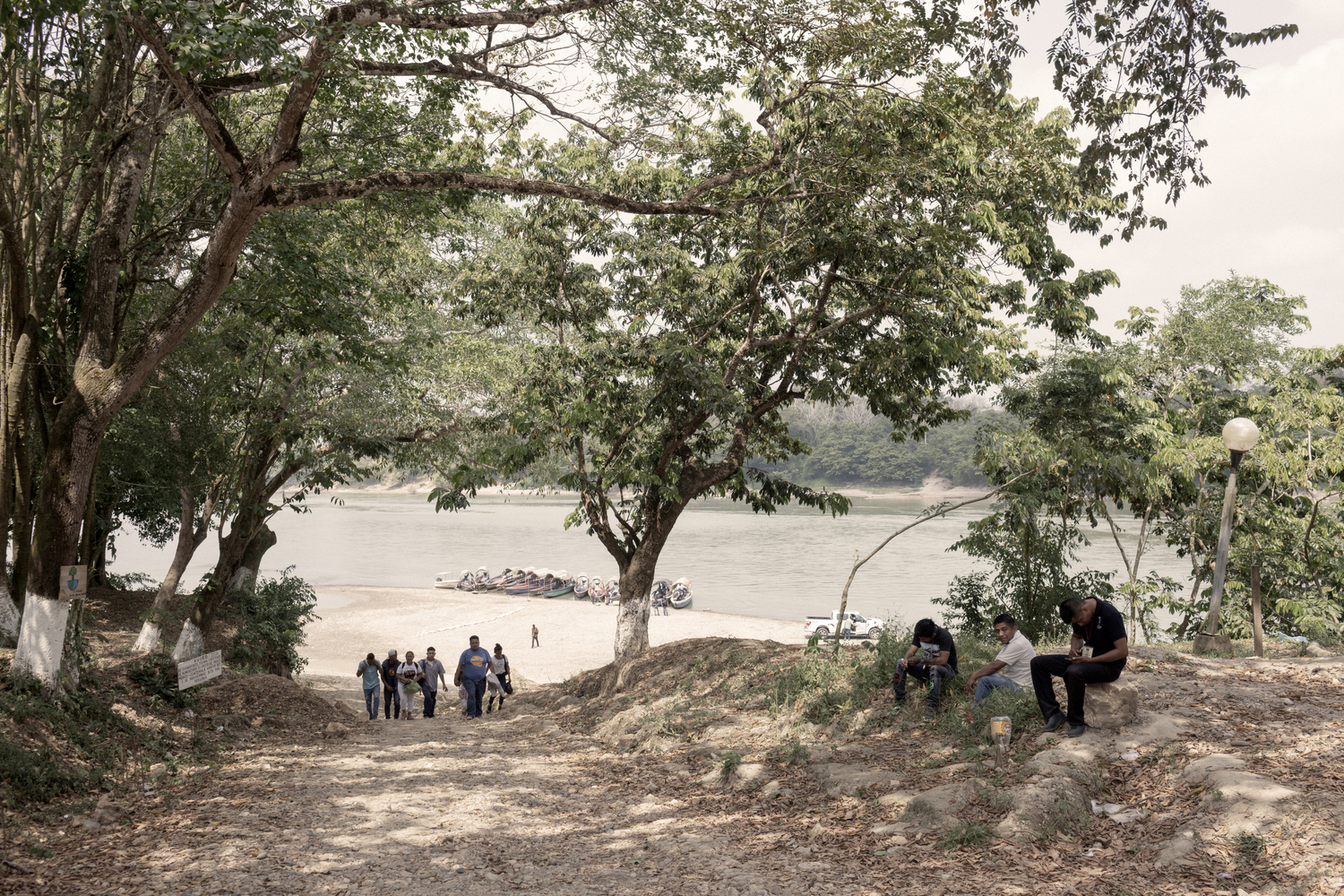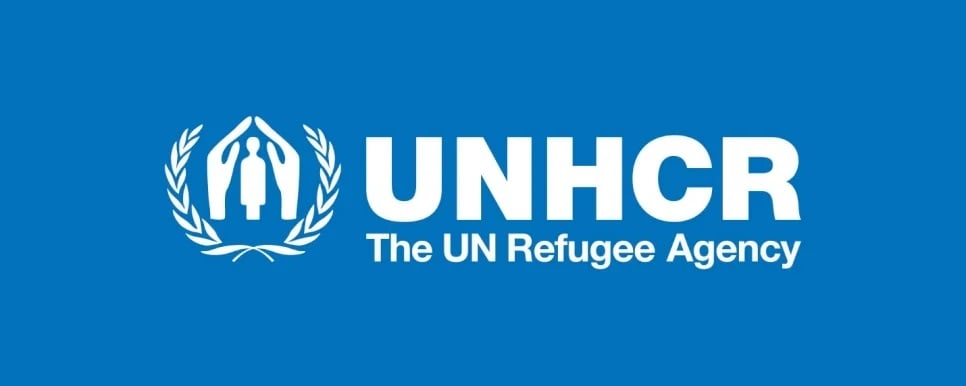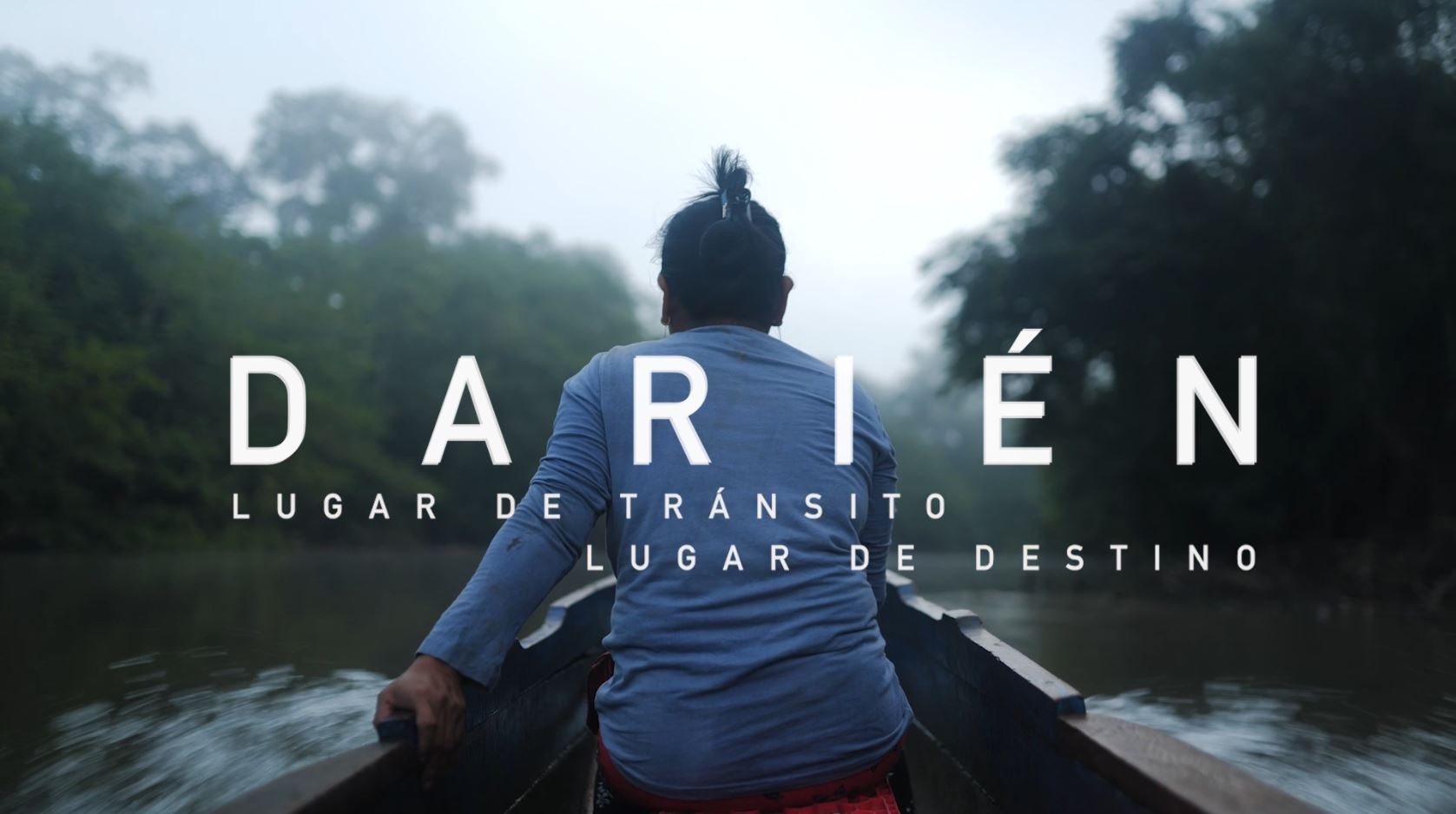Haitian Claims
Haitian Claims

UNHCR has long recognized the specific protection needs of individuals like those who might be fleeing Haiti because they are women or children, identify as LGBTIQ+, or have been targeted by gangs or other organized criminal groups, among other reasons. It has concluded that, depending on the circumstances, survivors of such violence or those who are at risk of it may be considered in need of international protection. It is essential that such individuals have access to fair and efficient asylum procedures so that a timely determination as to their protection needs can be made.
In November 2022, in response to the ongoing humanitarian and security crisis in Haiti, UNHCR called upon States to suspend forced returns to the country out of concern that people sent back to Haiti may face irreparable harm and additional displacement. In particular, the call cites risks resulting from the systematic violation of rights and unremitting armed violence, as well as a cholera outbreak, all of which have exacerbated already fragile conditions that may render many people in Haiti vulnerable to persecution or torture.
Purpose and Potential Use of Non-Return Statements or Advisories
In general, a call to halt returns, like more formal non-return advisories (such as those listed on the country information page), serve as a reminder of the need to respect and uphold the principle of non-refoulement, which is enshrined in Article 33(1) of the 1951 Convention Relating to the Status of Refugees. Under this core principle, States should not expel or return (“refoul”) asylum seekers and refugees to countries where they face serious threats to their lives or freedom. UNHCR’s call to halt returns to Haiti addresses the complex and diverse life-threatening dangers that people there might encounter, underscoring that States should suspend forcible returns to reduce the risk of refoulement.
More specifically, UNHCR envisions that its call to halt returns to Haiti may be relevant to evaluating and advancing cases which involve Haitian individuals in a variety of ways. As outlined in the non-return statement, this could include the following: submit as evidence to support applications for asylum or withholding of removal; renew a previously failed asylum claim in light of changed circumstances in Haiti through a motion to reopen; promote the use of complementary forms of protection for people not formally recognized as refugees; advocate for the release of asylum seekers from detention (see also the page on detention); and/or counter the use of expulsions that fail to provide an opportunity to access asylum procedures.
Key UNHCR Resources
For information on possible international protection needs of people fleeing Haiti and UNHCR’s views against forced returns to Haiti, see:
For a discussion of UNHCR’s position on expulsions more broadly and its analysis of the practice based on international law, see:
- UN Agencies Call for Protection Measures and a Comprehensive Regional Approach for Haitians on the Move (published jointly with IOM, UNICEF, and OHCHR) (Sep. 2021)
- Comment by UN High Commissioner for Refugees on Conditions and Expulsions at U.S. Border (Sep. 2021)
- Amicus Brief, Huisha-Huisha v. Mayorkas (2021)
Other UN Resources
- Comment by UN High Commissioner for Human Rights on Deportation of Haitians from the Dominican Republic, OHCHR (Nov. 2022)
- Haiti: International Community Must Act Now to Avoid Tragedy, OHCHR (Nov. 2022)
- Haiti: Gangs Use Sexual Violence to Instill Fear, OHCHR (Oct. 2022)
- Sexual Violence in Port-au-Prince: A Weapon Used by Gangs to Instill Fear, OHCHR (Oct. 2022)
- Immediate Action Needed to Save Children’s Lives in Haiti, Committee on the Rights of the Child (Nov. 2022)
Additional Materials
U.S. Government Resources
- Processes for Cubans, Haitians, Nicaraguans, and Venezuelans, U.S. Department of Homeland Security
- Extension and Redesignation of Temporary Protected Status for Haiti, U.S. Department of Homeland Security (Dec. 2022)
- Designation of Temporary Protected Status for Haiti, U.S. Department of Homeland Security (May 2021)
- Temporary Protected Status Designated Country: Haiti, U.S. Department of Homeland Security
- Temporary Protected Status, U.S. Department of Homeland Security









